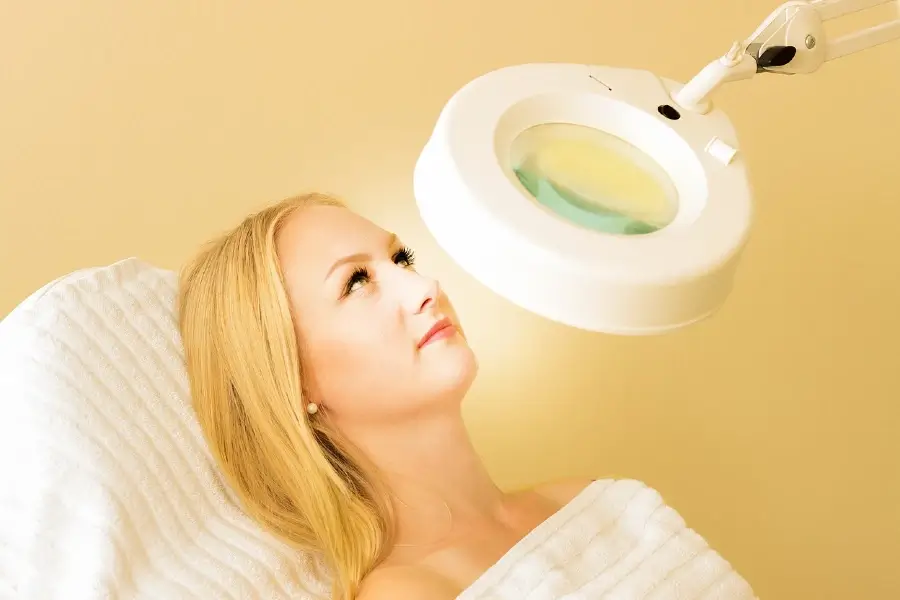The Relationship Between Gut Microbiome and Healthy Skin
Surprisingly, the gut microbiome and healthy skin are linked, while the precise processes are still being investigated. Here’s a breakdown of the developing field:
Microbiome Connection:
Both the stomach and the skin have microbiomes, which contain billions of bacteria, viruses, and fungi. These microbial populations serve critical functions in overall health.
Stomach-Skin Axis: The stomach and skin share a complicated communication mechanism called the gut-skin axis. This two-way communication system could influence how the gut microbiota affects skin health.
Benefits of a Healthy Gut Microbiome for Skin:
Skin Barrier Function: It appears that the gut microbiota influences the health and function of the skin barrier. This barrier defends against infections, controls moisture, and promotes general skin health.
Immune System Modulation: The gut microbiota interacts with the immune system, which may affect how the skin reacts to inflammation and irritation. A balanced gut microbiota may encourage a calmer immune response.
Keeping a healthy gut microbiome for skin health.
Nutrient Absorption and Metabolism: The gut flora influences nutrient absorption and metabolism. These processes can indirectly impact skin health since they ensure the body has the building blocks for healthy skin cells.
Possible effects of gut microbiome imbalance on skin:
Skin problems: Some studies have found a link between gut microbiota abnormalities and skin problems such as eczema, psoriasis, and acne. However, additional research is required to confirm cause-and-effect linkages.
Inflammation: An imbalanced gut microbiota may lead to chronic inflammation, which can appear in the skin as rosacea or exacerbate pre-existing inflammatory skin problems.
Keeping a healthy gut microbiome for skin health:
Diet: A well-balanced diet rich in fiber, fruits, vegetables, and prebiotics (items that nourish beneficial bacteria) can help to maintain a healthy gut microbiota.
Probiotics: Although research is ongoing, several studies indicate that probiotic supplements containing specific strains of beneficial bacteria may be helpful. However, before taking any supplements, you should contact your doctor.
Remember to consult a doctor or dermatologist about your individual skin concerns.
Lifestyle Habits: Getting enough sleep, stress management, and regular exercise can all help to maintain a healthy gut flora and general well-being.
Important considerations:
Emerging Field: The gut-skin relationship is a relatively young area of inquiry. More research is required to comprehend the complicated interactions and determine definitive cause-and-effect relationships.
Individuality: Every person’s gut microbiota is unique, and the impact on skin health may differ depending on individual circumstances.
Here are a few resources for more information:
National Institute of Health (NIH) Skin Microbiome Project: https://www.niams.nih.gov/unraveling-role-skin-microbiome-health-and-disease
The Microbiome and Your Skin: https://www.aadmeetingnews.org/aad-2023-annual-meeting/article/22766901/new-approach-uses-microbiome-to-treat-skin-disease
Remember to consult a doctor or dermatologist about your individual skin concerns. They can create a personalized approach to preserving healthy skin, taking into account your overall health, existing skin issues, and any drugs you are currently taking.













